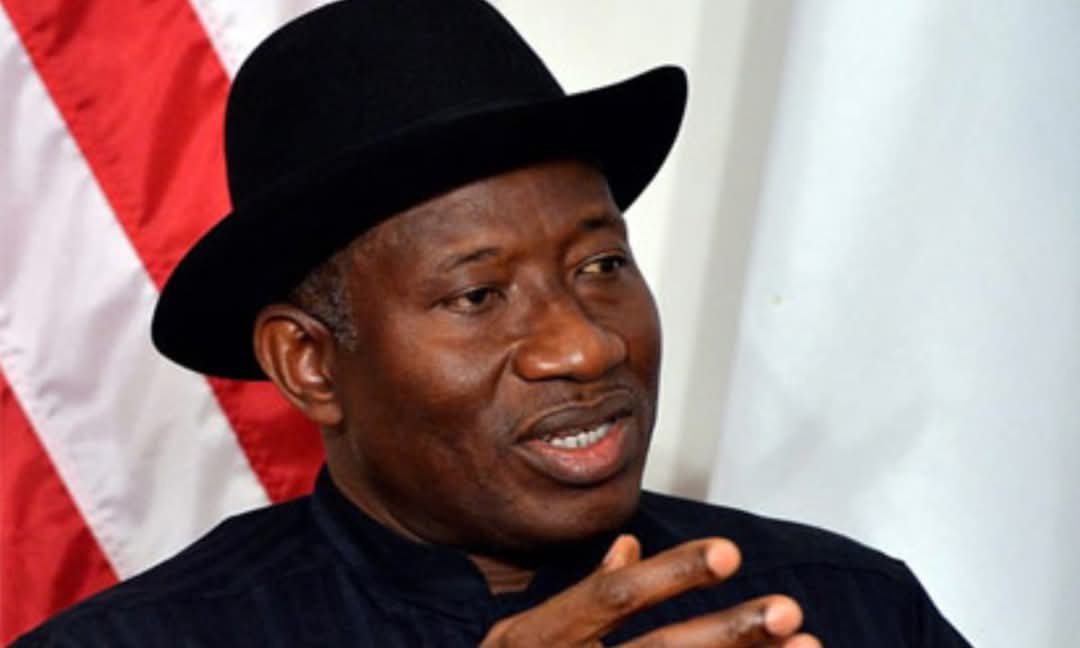Former President Goodluck Jonathan revealed that his predecessor, Umar Musa Yar'Adua, intended to transfer the responsibilities of governing the country during his illness and absence. However, a presidential aide declined to deliver the letter to the National Assembly.
Jonathan disclosed this in a Saturday interview on X, stating that President Yar'Adua had sent the letter while he was away on a medical trip. However, Jonathan did not disclose the name of the presidential aide involved.
The former President stated that there has consistently been a balance between the North and South, as well as between Muslims and Christians, in determining who governs the country as its leader.
He mentioned that Yar'Adua, a northern Muslim, succeeded Obasanjo, who was a southern Christian and had served as president for eight years. As such, the expectation among northern Muslims was likely for Yar'Adua to also serve an equivalent term of eight years before passing leadership back to the south, possibly with another Christian taking office.
Sure, here's a rewritten version: "However, the health issue arose and became problematic. This is why there were concerns about allowing me to act in an official capacity. When Yar’Adua went for his medical checkup, a letter was indeed written as per the constitutional requirement that stipulates the President must notify both the Senate and House of Representatives for the Vice President to assume acting responsibilities."
The letter was written, but the individual to whom it was entrusted—one of Yar'Adua's aides, whose name I will not disclose at this time—refused to deliver it to the National Assembly.
Yar'Adua's health deteriorated to the point where he was unable to manage affairs. Consequently, we found ourselves with a nation lacking an active President or Acting President. While it is true that as Vice President you can assume certain presidential responsibilities...
"The President of Nigeria holds two key responsibilities: serving as the nation's chief executive, similar to a Prime Minister. The Vice President might assume there's no need for any transfer of power. During this time, I fulfilled these duties by conducting Executive Council meetings and approving memorandums from ministers. Consequently, the government continued functioning even though there was an absence in the Commander-in-Chief role," he explained.



Post a Comment